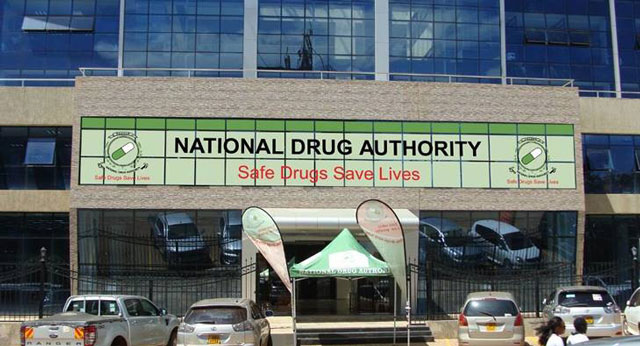
National Drug Authority should handle the issue of counterfeit drugs through monitoring systems and the law
COMMENT | MICHAEL WOIRA | The Uganda National Drug Authority and the Ministry of Health need to urgently reexamine the systems and processes they use to examine all drugs that are being sold by public and private hospitals, clinics, pharmacies and drug shops. This after several experts in the medical field have pointed out that the problem of counterfeit drugs is on the rise.
The law regarding counterfeit must also be reexamined because it appears that more criminals are turning to pharmaceuticals for a simple reason: low risk and high reward. The penalties for those dealing in counterfeit drugs are relatively weak compared to those of trading in narcotics and human trafficking.
People take medicine to stay well, but recently it seems many people in Uganda are at risk of contracting diseases or even dying because of taking some kinds of medicines, which are fake and abundantly available in the market.
The fake products can be classified into two categories. One category comprises counterfeit products and the second is of Pass-off products. Counterfeiting is a kind of duplication; where even the original manufacturer would not be able to distinguish between a genuine and a fake product. These fake products bear the identical name of the original product. Its packaging, graphics, colour pattern, design and even same name and address as the genuine manufacturer. A pass-off product, on the other hand, is one that comes with a few minor changes from the original product.
Fake medicines are also known as counterfeit, duplicate, sub-standard, spurious etc. Counterfeiting literally means copying or imitating and this has been practiced for as many years as the world has existed.
Counterfeiting of money is its oldest form and has been around almost since coins were invented. For a long time, money counterfeiting was the predominant vice. However, in the modern age, counterfeiting is most often associated with the imitation of major brand consumer goods that are used by masses of people. The more the demand for a product, the more there is a tendency of counterfeits to be manufactured.
One can take poor quality food, if one is dying out of hunger, but should anyone take fake medicine? I would say NO because even if one is dying, the need good drugs to get well. Still, scores of people all over the world take poor quality medicine. Some medicine contains less of the desired doses of medicine required. There are even completely fake medicines – containing no medicine at all. Instead, the spurious materials, including distilled water, dirty water, chalk powder, soil etc are used in the manufacture of these drugs to match the look of the original medicine. Those who consume these drugs die or suffer from further complications. As per reports, millions of people are dying all over the world because of such counterfeit drugs.
In Uganda, it seems every type of drug has a counterfeit; from anti-malarials to vaccines, antibiotics, and even other drugs used by many people for sexual strength. At their best, falsified drugs have none or too little of the active ingredient; at their worst, sellers are providing hospitals and patients with “drugs” that are life-threatening poisons. This is mainly because it’s not always easy for National Drugs Authority to test all the drugs that are being used by the different pharmacies and hospitals in the country.
We commend the Authority for having tried their best to ensure drugs safety, but still we request government to facilitate them financially and also avail them with enough man power so that this is done better. Ugandans need to start taking medicine without fear of risking to take fake medicines as has been in the case of Hepatitis B vaccines that the different medical centres have been using. Ugandans are now not certain whether they got vaccinated for hepatitis B or not. Some of them might have paid for those services at health facilitators that have now been found with the fake drugs. This quite embarrassing, if not scary since many people currently do not really know what may be the outcomes of whatever concoctions they were injected with.
On the other hand, many experts in the medical field believe that the problem is on the rise and that more criminals are turning to pharmaceuticals for a simple reason: low risk and high reward. The penalties for those dealing in counterfeit drugs are relatively weak compared to those trading in narcotics and human trafficking. We, therefore, call upon the National Drug Authority and the Ministry of Health to ensure safety of the lives of Ugandans by examining more closely all the drugs that are being sold by health facilities.
*****
Michael Woira is a patriotic Ugandan
 The Independent Uganda: You get the Truth we Pay the Price
The Independent Uganda: You get the Truth we Pay the Price



